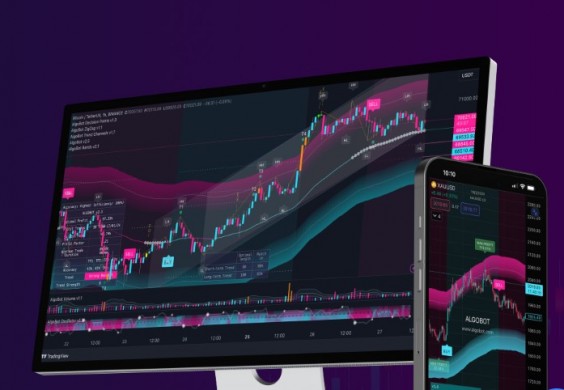BTG (LSE:BTG) and AstraZeneca (LSE:AZN) share prices took it on the chin this morning on the London Stock Exchange. BTG shares fell by 3.80p to 334.20, a 1.12% hit. AstraZeneca suffered a bigger blow, losing 76.50p per share, falling by 2.48% to 3,006.50 by 1:30pm UTC. Investors reacted as anticipated on news of the unsuccessful results of the Phase IIb study of a new treatment for severe sepsis.
In This Together
BTG is a developer of specialty pharmaceutical solutions. Although it does test and market some product on its own, its strategy is basically to partner with firms who have a greater reach. The partnership agreements typically include involvement in investment, development, testing, licencing, and distribution. In this case, BTG’s partner is AstraZeneca and the product under testing is AZD9773, a treatment for sepsis, similar in nature to D-CytoFab. BTG originally announced the partnership on 25 October 2010.
Sepsis and AZD9773
Sepsis is a major issue in the medical community. It occurs when multiple bodily functions begin to shut one down one after another, often in rapid sequence, in reaction to an otherwise rather localized infection. A patient with sepsis will be put on a ventilator to ease the strain on bodily functions. Sepsis typically degenerates to septic shock, a condition where blood pressure drops well below nominal levels and vital organs malfunction. Over 3 million hospital patients die per year from sepsis. Its mortality rate is 30%. (Only eight months ago, this writer was in sepsis for five days).
AZD9773 was developed to combat sepsis and reduce the amount of time the patient is on a ventilator. The BTG/AZ agreement assigned BTG the responsibility for manufacturing the drug during and following trials. AZ became responsible to further development and commercialization.
Testing Train Wreck
Despite the highly touted prospects of AZD9773 and its tolerance by patients indicated in previous trials, the Phase IIb testing failed to show the drug having any more effectiveness than the placebo used in blind testing. Whilst this is was setback for BTG and AstraZeneca, on a patient level it was a matter of life and death.
What Now?
AstraZeneca has made the decision to stop the trials effective immediately. The entire project is now back in the hands of BTG. BTG CEO Louise Makin said, “These results are obviously disappointing, as the treatment of severe sepsis remains a major unmet need. Our core business and trading continue on track, as described in our recent interim management statement.” The company has indicated that it will not continue development efforts for the drug.
Bottom Line for BTG, AstraZeneca, and their Investors
While the financial impact on AstraZeneca is unclear at this point, BTG is going to take a one-off hit of roughly £28 million during this fiscal year. The upside is that the hit will be one-time. The downside, for both companies, is that one-off charges due to trial phase failures can eventually become a sequence of events. Though they hit the books one time, a continued pattern of failures eats away at shareholder investment.
Secondly, the future of the company must come under review because there is now one less drug in the development pipeline. That does not inspire investor confidence.
Finally, a track record of failures in clinical trials begins to beg the question in investors’ minds, “How competent is this company in its initial stages of research.” That is more dangerous for the future of BGT because the initial R&D is their bailiwick. It may be less so for AstraZeneca, as it is engaged in similar agreements with multiple companies, increasing their chances to strike gold eventually. The problem for is that, as of late, their shareholders have expressed increased concerns over a series of late-stage pipeline failures. They have already realised that one failure per year is a sequence of failures and that a sequence of failures is not a great reason to invest.

 Hot Features
Hot Features













